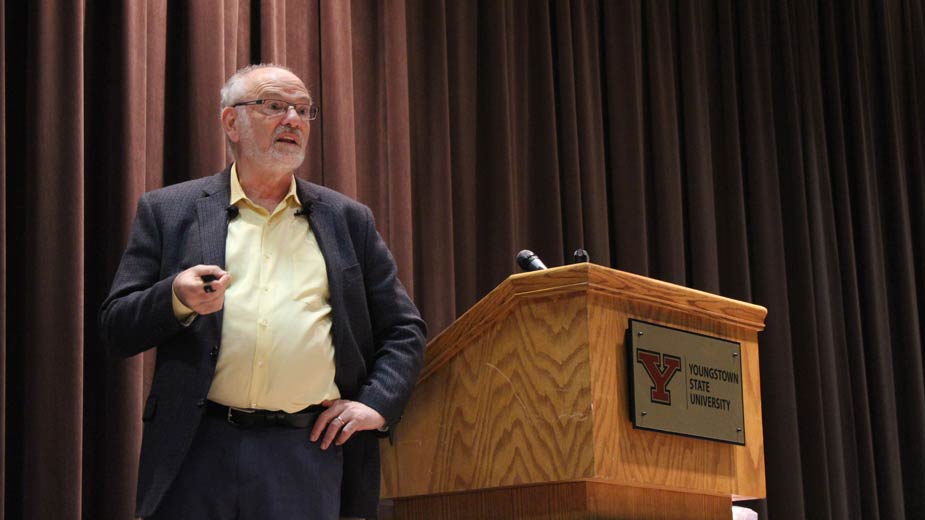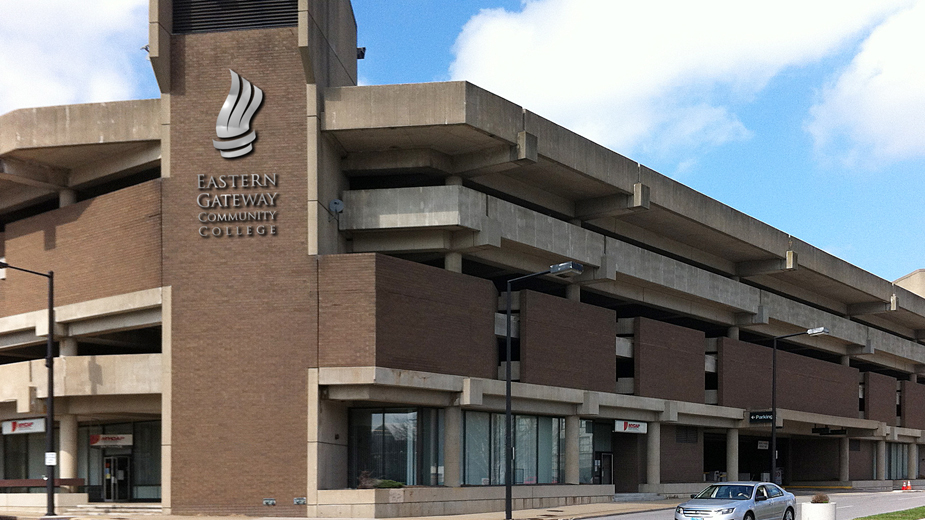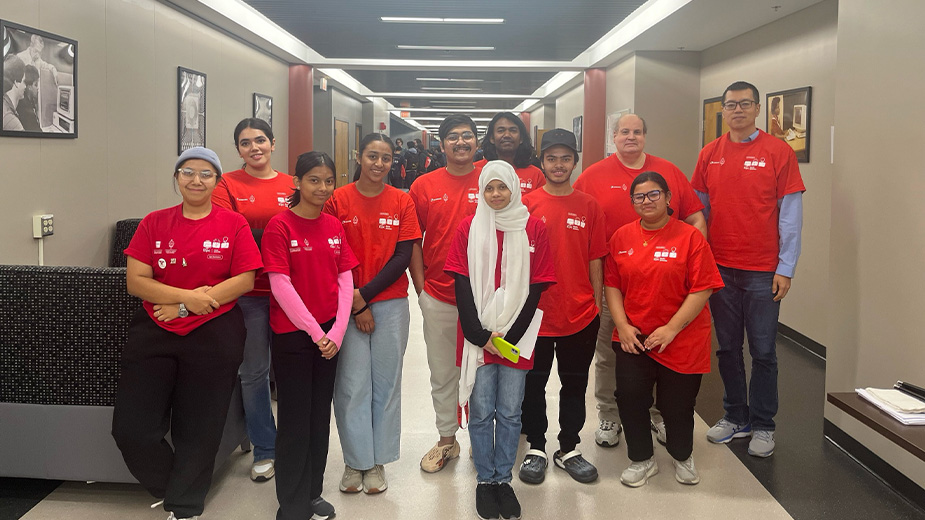Risks Too Great to Surrender Control of Technology, Bioethicist Says
YOUNGSTOWN, Ohio – The trajectory of scientific and technological development holds both great promise and increasing peril, bioethicist Wendell Wallach said Tuesday.
Without the ability to manage the complex systems that scientists and engineers are developing, societies could lose control of technological change, which could lead to enormous problems within the next two decades, he said at Youngstown State University as part of its Shipka Speaker Series.
“The issue is that we are surrendering to technological possibility, Wallach said. “And we aren’t taking the time to evaluate whether the benefits we are getting justify the risks.”
Wallach is a consultant, author and a scholar at Yale’s Interdisciplinary Center for Bioethics.
“I focus on how, as we are maximizing the benefits of these emerging fields of research, we can minimize the risk and undesirable societal consequences,” Wallach said.
He sees the risks multiplying as increasing use of and reliance on computers and the development of intelligent machines pose threats that societies aren’t planning for.
Some of these “inflection points,” as Wallach calls them, are upon us.
Where advances in technology once created more jobs than they destroyed, this time it’s different, Wallach said.
“With the advent of artificial intelligence – and also the fact that people will be living longer and retiring later – there’s going to be less jobs for you and your children,” he told students. “I would argue that we’re already seeing downward pressure on jobs and wages.”
As the rates of productivity have risen since 1970, jobs and wages have not moved in unison. “That’s something new,” he said.
Despite the impact of automation and computerization on workers and their compensation, Western political systems have not responded, he said. The societal consequences of technological unemployment “don’t even enter into our political conversation.”
Wallach is among those working to ban lethal military use of autonomous robots, or “killer robots.”
Such weapons systems can select their own targets and destroy them without human involvement, which — unlike drones — are operated by military personnel.
“Machines making life and death decisions: That’s a form of evil,” Wallach declared.
The implications of deploying such robots have not been fully thought out, he said. The unpredictability of such weapons and the inability to assign responsibility for their actions makes them too dangerous.
Much like chemical weapons, deploying killer robots should be banned under international law, he said.
The development of artificial intelligence and modern robotics systems “threaten to undermine the foundation principle that a human agent, either individual or corporate, is responsible and potentially accountable and liable for the deployment of that technology,” he said.
Part of dealing with these challenges is countering the premise that the path of technological change can’t be altered, he said. “There’s always some room for human will and intention, if not to stop a new development, then at least to redirect or structure its course,” Wallach said.
But dealing with effects of rapidly changing technology is already beyond the control of our modern systems of governance. “There’s a total mismatch between existing laws and regulations and the speed at which these technologies are occurring,” he said.
Wallach called for new methods by which emerging technologies can be democratically addressed before, not after, their effects have been felt.
“The public, policy planners and scholars must be given an opportunity to reflect on the social impact of transformative technologies before they are deployed or marketed,” he writes in his book, A Dangerous Master: How to Keep Technology From Slipping Beyond Our Control.
Wallach is part of an initiative to create a coordinating committee for oversight on artificial intelligence and robotics policy.
“If technological development, as it appears to be, is accelerating, then this need for oversight, planning and some governance is truly pressing,” he said.
Copyright 2024 The Business Journal, Youngstown, Ohio.



